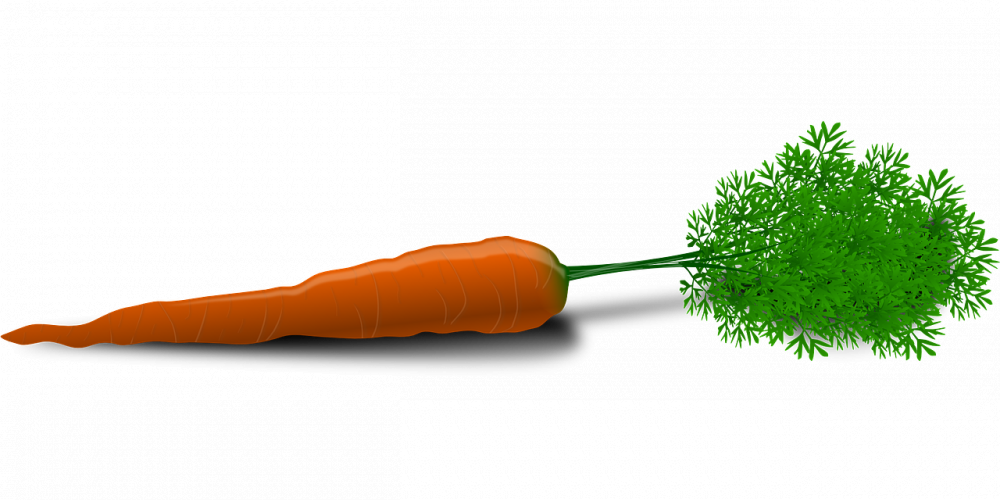Vitamin B12 Overload: A Deep Dive into the Potential Risks and Benefits

Introduction:
Vitamin B12, also known as cobalamin, is an essential nutrient required for various physiological processes in the body. While it is crucial for maintaining optimal health, excessive levels of vitamin B12 can lead to potential health risks. In this comprehensive article, we will delve into the topic of «vitamin B12 overload» to provide you with a thorough understanding of its implications.
Overview of Vitamin B12 Overload:

Vitamin B12 overload refers to elevated levels of this vitamin beyond the body’s requirements. While it is relatively rare, excessive intake of vitamin B12 through supplements or certain food sources can lead to potential health issues. However, it is important to note that the threshold for toxicity differs among individuals, and some people may be more susceptible to vitamin B12 overload than others.
Understanding Vitamin B12 Overload:
1. Types of Vitamin B12:
– Methylcobalamin: This is the most bioactive form of vitamin B12, which plays a crucial role in energy production, DNA synthesis, and neurological functions.
– Cyanocobalamin: This is the synthetic form of vitamin B12 commonly used in supplements and fortified foods.
– Hydroxocobalamin: This form of vitamin B12 is often used in injectable form for treating vitamin B12 deficiency and cyanide poisoning.
2. Popular Sources of Vitamin B12:
– Animal Products: Meat, fish, eggs, and dairy products are considered excellent sources of vitamin B12.
– Fortified Foods: Some plant-based foods, such as breakfast cereals, plant-based milks, and nutritional yeast, are fortified with vitamin B12.
– Supplements: Vitamin B12 supplements are available in various forms, including tablets, lozenges, and injections.
Quantitative Measurements of Vitamin B12 Overload:
To measure vitamin B12 levels in the body, doctors typically perform a blood test. The reference range for vitamin B12 levels varies, but generally, a level above 900 pg/mL is considered high. However, it’s important to consider other factors, such as symptoms and overall health, before drawing any conclusions about vitamin B12 overload.
Distinguishing Different Types of Vitamin B12 Overload:
1. Dietary Excess:
Consuming excessive amounts of animal products or fortified foods can lead to vitamin B12 overload. However, the body has regulatory mechanisms to limit absorption, making it highly unlikely to develop toxicity through food alone.
2. Supplement Overuse:
Taking high doses of vitamin B12 supplements, particularly in methylcobalamin or cyanocobalamin form, can lead to elevated levels in the body. Supplementation should be done under the guidance of a healthcare professional and be based on individual needs.
Historical Overview of Benefits and Disadvantages of Vitamin B12 Overload:
1. Benefits:
– Helps in the production of red blood cells and prevents anemia.
– Supports healthy brain and nervous system function.
– Assists in energy production and metabolism.
– May aid in reducing the risk of certain neurodegenerative disorders.
2. Disadvantages:
– Potential allergic reactions or side effects from supplements.
– Interference with certain medications or medical conditions.
– Misinterpretation of symptoms leading to inappropriate treatment.
– Over-reliance on supplements, neglecting other important nutrients.
Conclusion:
Vitamin B12 is an essential nutrient critical for overall health, but excessive intake can lead to potential health risks. Understanding the different forms, sources, and quantitative measurements of vitamin B12 overload is crucial for making informed decisions. It is recommended to consult a healthcare professional to determine the appropriate vitamin B12 intake based on individual needs. Remember, balance is key when it comes to maintaining optimal health.





